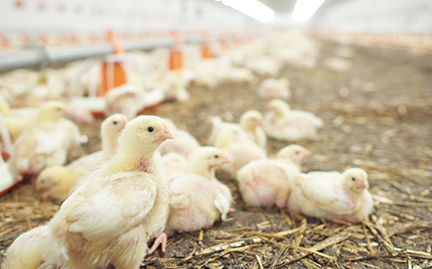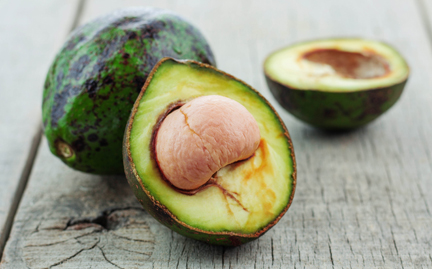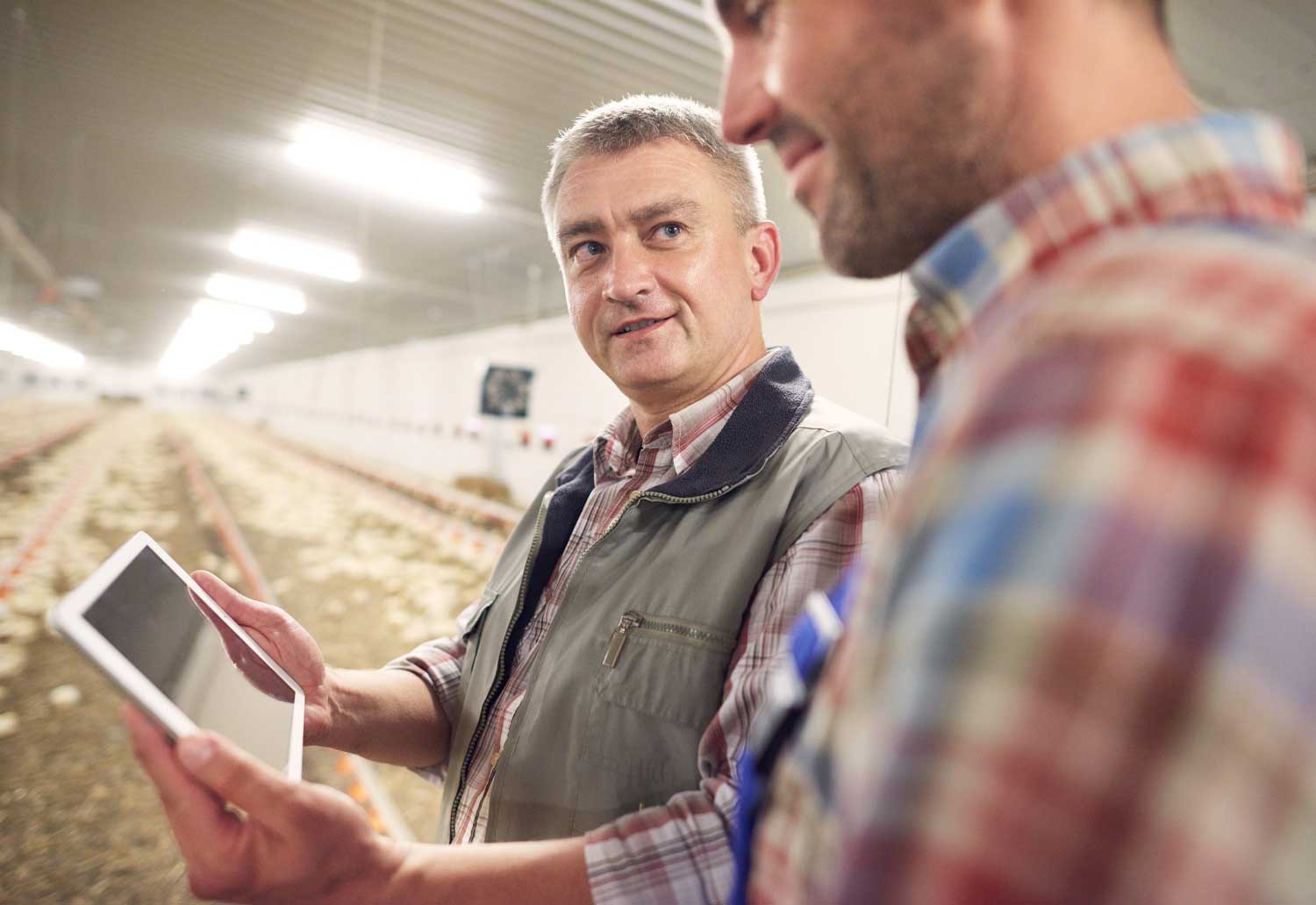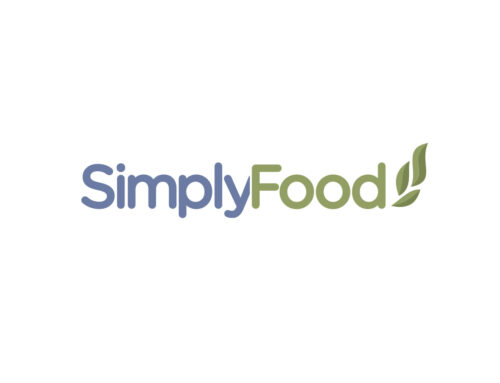Many sources state that the worst carrier of contamination in food service is unwashed hands. Of course, the term “worst” in this case is ambiguous because any type of food contamination can have dire consequences. However, contamination by unwashed hands is not only common but preventable. This type of contamination is typically known as one of the many points for cross-contamination and can involve transferring bacteria from raw food, waste, touching dirty surfaces, and from illnesses by sneezing or coughing.
According to the Florida Department of Agriculture and Consumer Services, ” Of all the microorganisms, bacteria are the greatest threat to food safety. Bacteria are single-celled, living organisms that can grow quickly at favorable temperatures. Some bacteria are useful. We use them to make foods like cheese, buttermilk, sauerkraut, and pickles. Other bacteria are infectious-disease-causing agents called pathogens that use the nutrients found in potentially hazardous foods to multiply.”
Bacteria, and bacteria directly from human contact, however, are not the only source of contamination. Food can also be chemically or physically contaminated, and food can even be contaminated from where it originated or where it was harvested.



Below are three examples of carriers of contamination in the production or pre-production phase according to the CDC.
- Egg Yolks – can be contaminated in the hen before it is even laid if the hen’s reproductive organs are infected
- Fruits and Vegetables – can be contaminated before harvest if the fields are sprayed with contaminated water for irrigation
- Fish – may acquire a toxin from the smaller sea creatures they eat (Source: CDC)
The above types of contamination underscore the need to know your sources as well as the correct cooking and preparation methods to ensure safety.

Washing hands can reduce contamination in food service.
Washing hands can reduce contamination in food service.
Handwashing and food prep standards as well as the accessibility of clean facilities and utensils are crucial to avoid the transfer of germs, i.e., E. coli or raw juices touching fresh or other packaged foods. Simply washing one’s hands can prevent the spread of contamination that can cause illnesses and even death.
Since the culprit of most food contamination stems from human error and improper food handling—qualified, responsible food production managers are key to food safety. Mishandling can occur at multiple points and food processors must carefully monitor all production line activities and points, including sourcing, storage temperatures, transport, processing, sanitation, shelf life, warehouse management, and more. Production managers deserve reliable equipment and systems, including software to ensure both quality food production and high-volume outputs.
We can help your managers manage better.
Being able to see the ‘whole picture’ digitally from the cloud can improve operational performance and ensure food safety. SimplyFood ERP software gives production managers end-to-end visibility and accountability in the food processing cycle.





